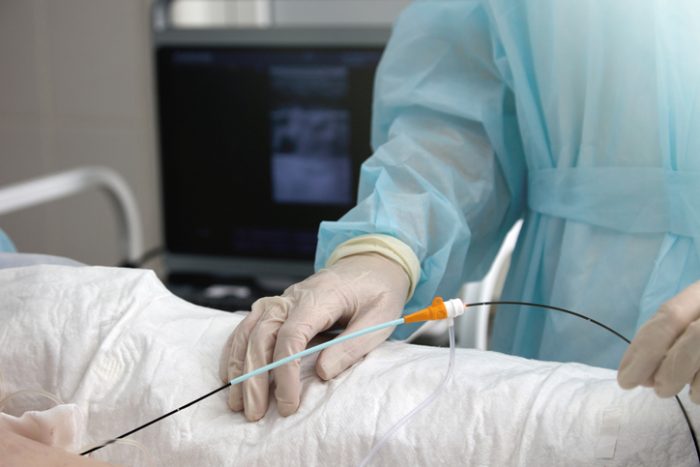Catheter Guidewire Retention
If you've suffered harm because a catheter guidewire was accidentally left inside your body after a medical procedure, you're likely experiencing both physical discomfort and emotional distress. At The Medical Law Partnership, we understand how frightening this situation can be. A retained guidewire is never supposed to happen - it's the result of clear medical negligence. We're here to help you get the compensation you deserve for this preventable error, so you can focus on your recovery with proper financial support.

How common is harm due to catheter guidewire retention?
While exact statistics vary, retained guidewires are more common than they should be in modern healthcare. These incidents are considered “never events” – serious patient safety incidents that are entirely preventable. Guidewires are meant to be removed immediately after catheter placement, yet every year patients suffer when medical staff forget this crucial step. We’ve handled numerous cases where retained guidewires caused serious complications, and we know these errors are almost always due to basic failures in proper procedure.
The most obvious error is simply failing to remove the guidewire after catheter insertion. This often happens when medical staff are distracted, rushed, or fail to follow standard safety checks. Other negligent factors include inadequate training of staff performing the procedure; failure to use proper techniques that would make retention obvious (like ensuring the guidewire extends beyond the catheter); not performing post-procedure imaging when indicated; and ignoring patient symptoms that suggest something is wrong. In many cases we’ve handled, simple checklist protocols weren’t followed, leading to completely avoidable harm.
Starting your claim with us is straightforward. First, we’ll listen carefully to your experience in a free, no-obligation consultation. We’ll need to review your medical records to confirm the guidewire was retained and determine exactly when and how this negligence occurred. Our specialist solicitors will assess whether you have a strong case – retained guidewires are nearly always considered negligent unless there were truly exceptional circumstances. We work on a no-win, no-fee basis, so you won’t face any financial risk in pursuing your claim. From the moment you contact us, we’ll handle all the legal complexities while keeping you informed at every stage.
Your compensation will depend on the specific harm you’ve suffered. Many retained guidewire cases involve compensation for: the pain and trauma of additional surgeries to remove the object; treatment for any infections or organ damage caused; lost earnings if you couldn’t work during recovery; and compensation for your pain and suffering. In severe cases where the guidewire caused permanent damage, compensation may include ongoing care costs. We’ll ensure your claim reflects all aspects of your suffering – physical, emotional and financial – to get you the maximum compensation possible.
Most retained guidewire claims settle within 2 to 4 years, as these cases often involve clear negligence. However, if your injuries are particularly complex or the NHS trust disputes liability, it may take longer. The timeline depends on factors like how quickly we can obtain your medical records, whether the defendant admits fault early, and the extent of your injuries. While we can’t promise exact timeframes, we’ll always work efficiently to resolve your claim as quickly as possible while ensuring you get the full compensation you deserve.
Contact The Medical Law Partnership today.
Start your claim
Fill in your details below and one of our team will be in touch shortly for a free, confidential conversation. No pressure, just honest, expert advice.